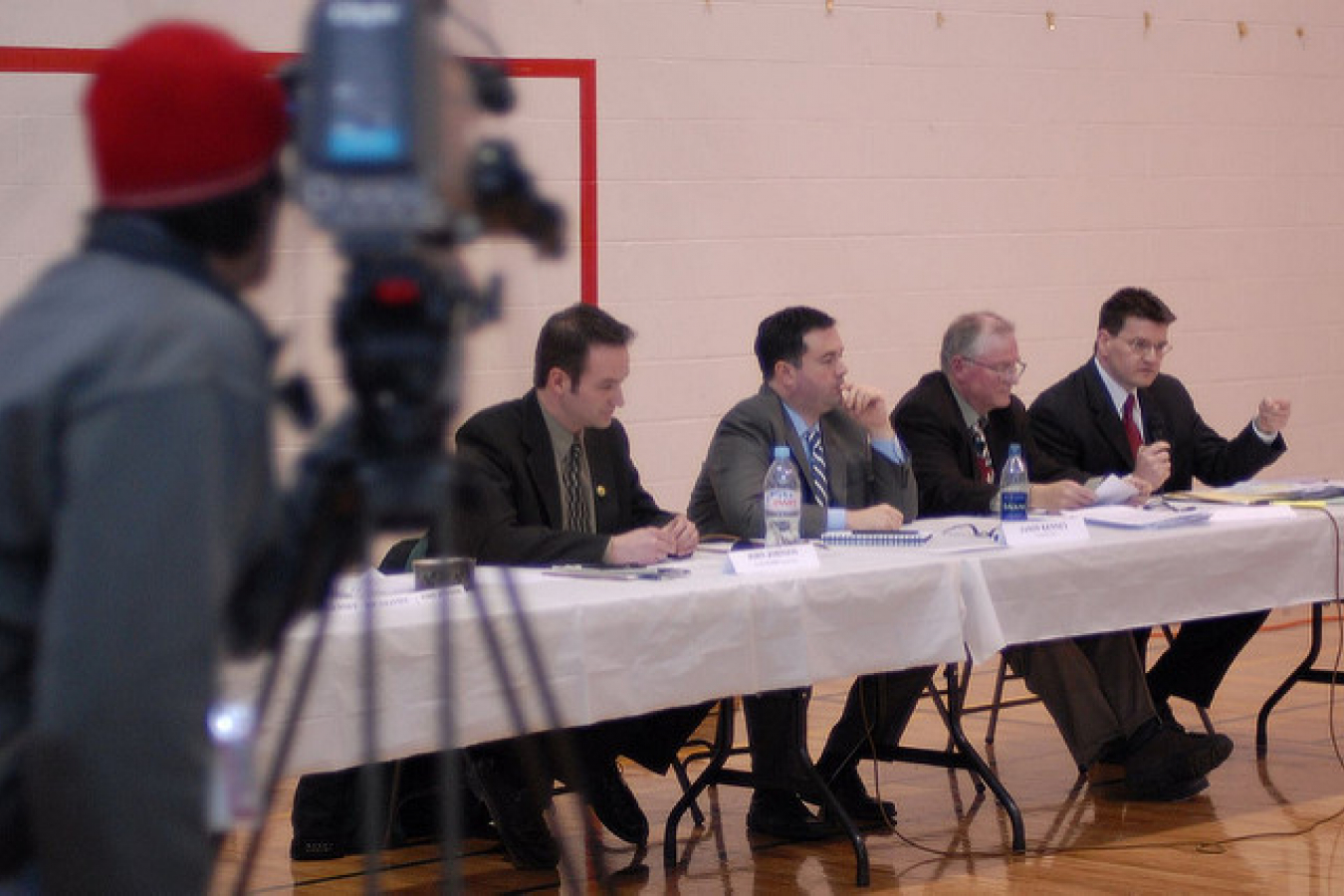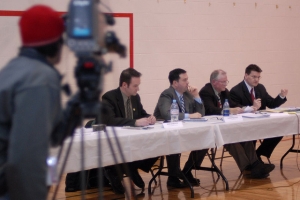Support migrant centric journalism today and donate

Canadian Immigration Minister Jason Kenney announced this week Canada's plans to target marriage fraud among immigrants.
"The most effective tool is to stop fraudulent marriages from being approved in the first place because they are so hard to deal with once the person is admitted into Canada. We will continue to be very vigilant. It's difficult, we want to let the legitimate married couples in but keep the fake ones out and that's what our officers are trained to do," said Kenney.
According to Kenney some overseas spouses have married Canadians simply to gain immigration benefits to Canada. Once in Canada some foreign spouses leave their Canadian spouse. There have even been cases of mistreatment of Canadian spouses by overseas spouses.
According to the government, new laws to curb immigration through fraudulent marriages will go into effect next year. The new regulation will impose a two year period of conditional residency on foreign sponsored spouse. Spouses who have emigrated to Canada will not be able to themselves sponsor an overseas spouse for five years.
"If you come in as a sponsored spouse and become a permanent resident and then divorce your Canadian husband or wife, you will not be able to turn around and sponsor someone from overseas," Kenney said.
It is believed that a large number of these 'fake' spousal sponsorship visa applications come from China and India. Recently, a large number of applications from China were rejected.
"Canadians were being paid up to $60,000 by criminal organizations, to sponsor Chinese citizens they had never met and we started interviewing these applicants and we found out they knew nothing about the spouse and they had no consistent story or proof of relationship," said Kenney.
While it is common in South Asian countries for marriages to be arranged by families and a couple may not know very much about each other until after the marriage, Kenney noted that officials are specially trained to make an assessment of such situations.
"We know that in many cultures and religions it's conventional to have an arranged marriage, and our officers approve bona fide arranged marriages all the time. But if it looks like the marriage was not arranged for family, for the purpose of living together, then we will reject the application. So the test is whether the marriage is legitimate or whether it is just done for immigration purposes," he said.
"The most effective tool is to stop fraudulent marriages from being approved in the first place because they are so hard to deal with once the person is admitted into Canada. We will continue to be very vigilant. It's difficult, we want to let the legitimate married couples in but keep the fake ones out and that's what our officers are trained to do," said Kenney.
According to Kenney some overseas spouses have married Canadians simply to gain immigration benefits to Canada. Once in Canada some foreign spouses leave their Canadian spouse. There have even been cases of mistreatment of Canadian spouses by overseas spouses.
According to the government, new laws to curb immigration through fraudulent marriages will go into effect next year. The new regulation will impose a two year period of conditional residency on foreign sponsored spouse. Spouses who have emigrated to Canada will not be able to themselves sponsor an overseas spouse for five years.
"If you come in as a sponsored spouse and become a permanent resident and then divorce your Canadian husband or wife, you will not be able to turn around and sponsor someone from overseas," Kenney said.
It is believed that a large number of these 'fake' spousal sponsorship visa applications come from China and India. Recently, a large number of applications from China were rejected.
"Canadians were being paid up to $60,000 by criminal organizations, to sponsor Chinese citizens they had never met and we started interviewing these applicants and we found out they knew nothing about the spouse and they had no consistent story or proof of relationship," said Kenney.
While it is common in South Asian countries for marriages to be arranged by families and a couple may not know very much about each other until after the marriage, Kenney noted that officials are specially trained to make an assessment of such situations.
"We know that in many cultures and religions it's conventional to have an arranged marriage, and our officers approve bona fide arranged marriages all the time. But if it looks like the marriage was not arranged for family, for the purpose of living together, then we will reject the application. So the test is whether the marriage is legitimate or whether it is just done for immigration purposes," he said.





















